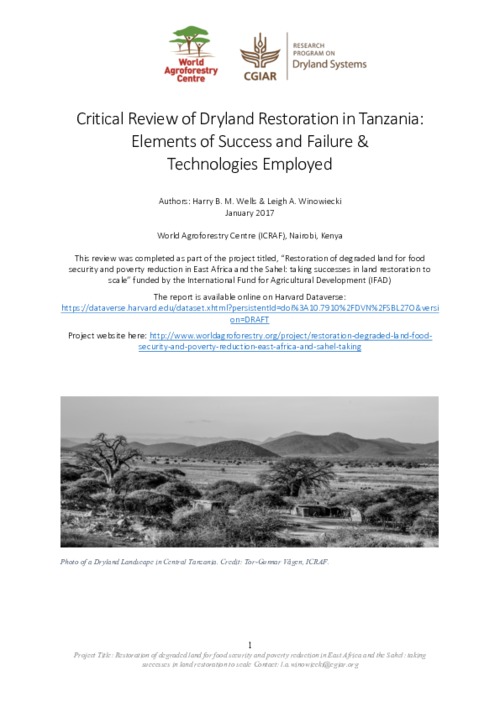Report: THE NATIONAL LAND REFORM WORKSHOP
On 11 November 2011, representatives of 18 community organisations and 12 non-governmental organisations from around South Africa met in Balgowan in the KwaZulu-Natal Midlands to discuss the Green Paper on Land Reform released by the Department of Rural Development and Land Reform.












